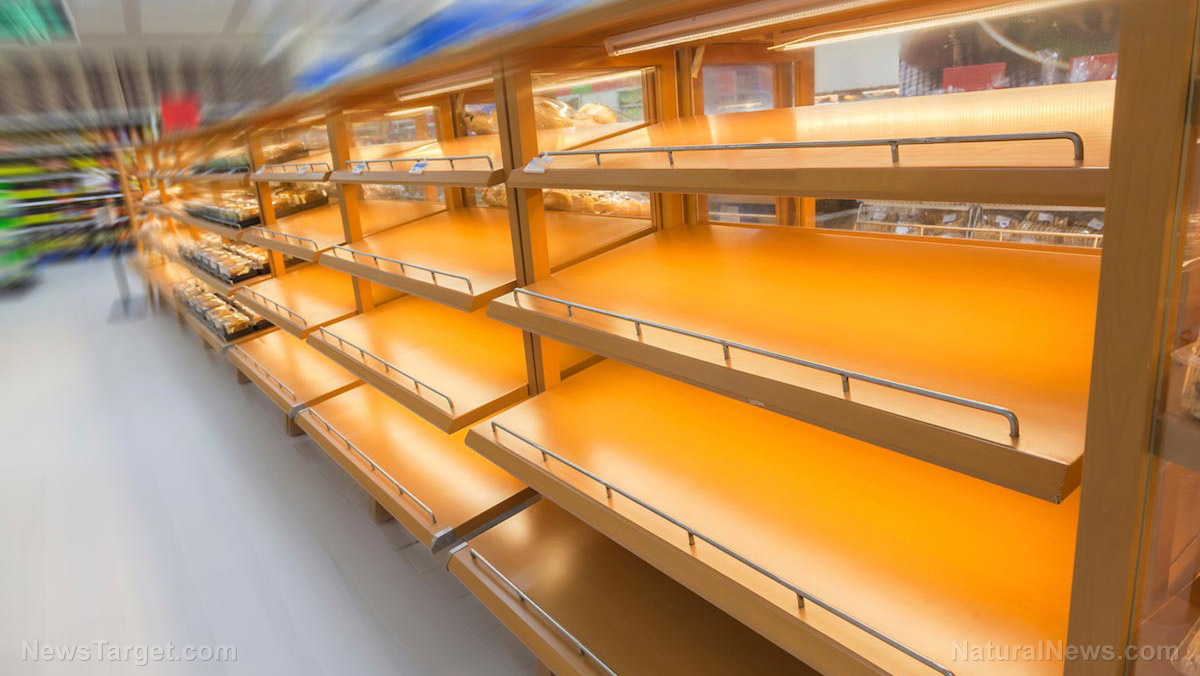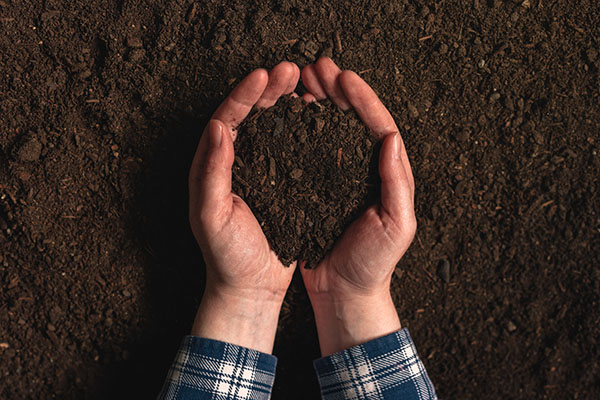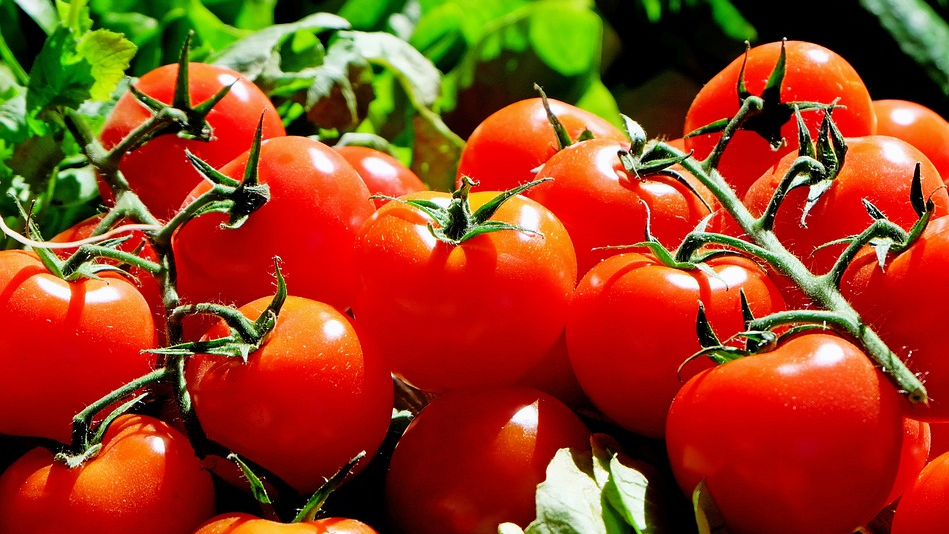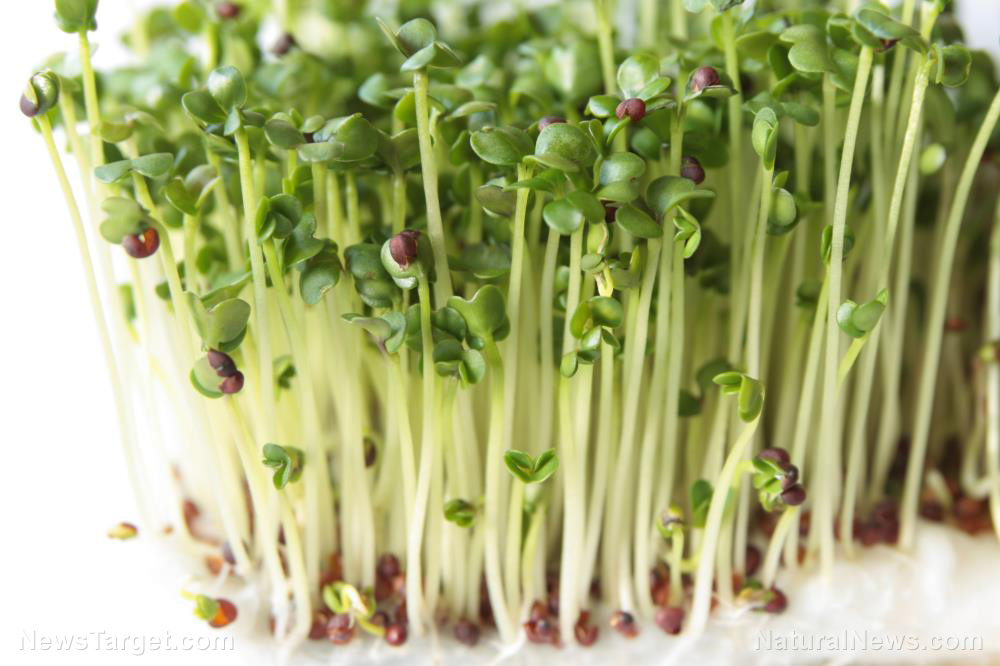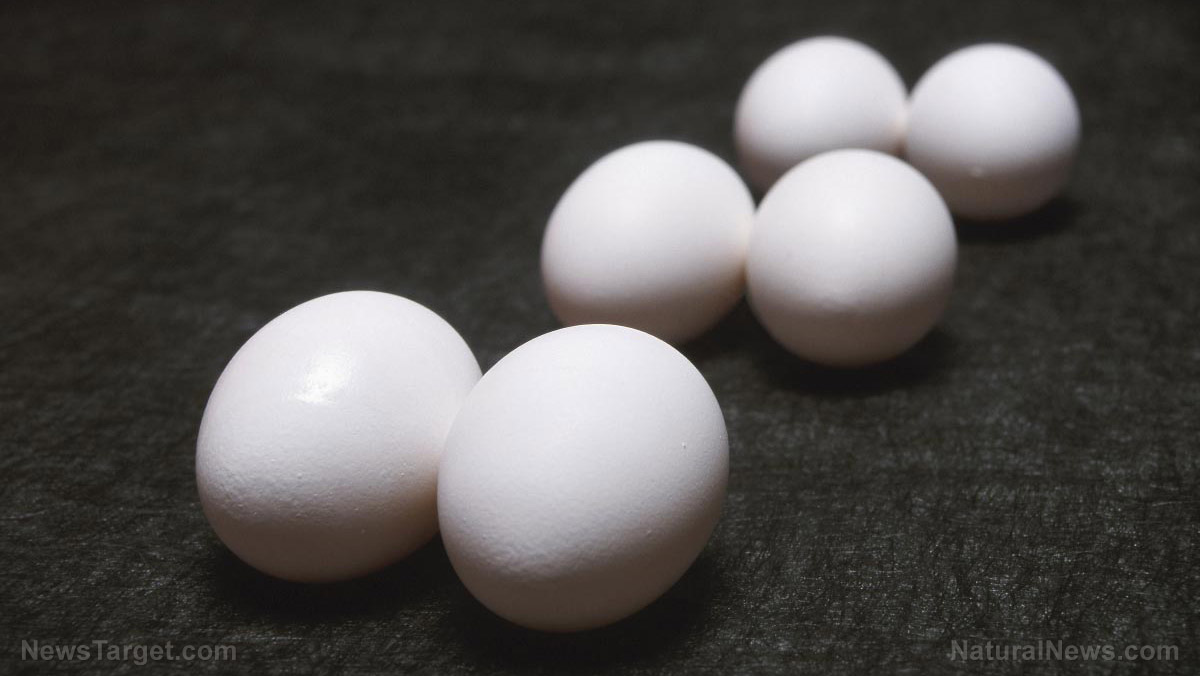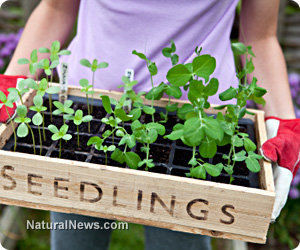
Though it's possible to grow a vegetable garden by buying seedlings from your local garden center, it's better to start your garden by growing seeds indoors. For one, it's way cheaper than buying seedlings every time you want to grow something. Plus, you can buy seeds for more varieties than you will find for sale as plants.
Starting seeds indoors also allows you to harvest your favorite vegetables over a longer period by growing plant varieties that mature at different times.
Reasons to start seeds indoors
Buying seedlings is an easier and more convenient option than growing seeds indoors. But this also means that you're limited to only growing the fruits and vegetables that you can find. In contrast, seeds offer more varieties. Here are more reasons to start your own seeds indoors instead of buying seedlings:
1. You won't run out of food.
Relying on just your local garden center or commercial greenhouse to fill your garden with plants is a sure way to go hungry when SHTF. With seed starting, you know you'll have enough food to see you and your family through disasters and crises. This is why seed starting is a key part of any prepper's food security plan.
2. You can grow non-native and seasonal crops.
The growing zone you live in will greatly limit the type of fruits and vegetables you can grow outdoors. For instance, summer crops, such as tomatoes, basil and peppers, will not survive low temperatures. The same goes for cool-season crops grown during the hot summer months.
Seasonal crops aren't a problem when starting seeds indoors. Indoors, you can control factors like soil and temperature. This lets you easily grow seasonal crops outside their growing season. Start the seeds indoors and transplant them outdoors when their actual growing season comes along. Moreover, starting seeds indoors also allows you to grow crops otherwise unsuited for your natural environment.
3. You can grow portable crops.
Starting seeds indoors allows you to cultivate portable crops. This means your crops aren't stuck to the ground, allowing you to bring them with you in case of a disaster or SHTF scenario.
4. It saves money.
Seedlings normally cost more than seeds because you no longer have to deal with germination. When you grow your own seeds indoors, you already save money. You can then use this money to buy more seeds and foods for your stockpile. (Related: Food supply 101: Top 14 food items for your survival stockpile.)
Tips for starting seeds indoors
If it's your first time starting seeds indoors, it would be wise not to grow too many. Start no more than a couple of dozen plants in three or four varieties while you get used to how it works. Starting seeds shouldn't be complicated, especially if you understand the process.
Here are some other tips for starting seeds indoors:
- Seeds require at least eight hours of sunlight per day.
- The recommended soil temperature for most seed varieties is about 80 degrees Fahrenheit.
- Most fruit and vegetable seeds can be started indoors, in a greenhouse or a cold frame.
- Seeds take about six to eight weeks to sprout indoors.
- Soak the seeds in lukewarm water for 24–48 hours before planting. The water helps soften the seeds' tough shells for easier sprouting.
Seed starting is a great way to save money while ensuring you have a reliable food supply when SHTF. Note that not all plants should be started indoors. Some are best sown on the ground. Remember: different plants have different needs. Refer to the directions on the seed packet to tell you how and when to sow the seeds.
HomeGardeningNews.com has more seed starting tips and tricks.
Sources include:
Please contact us for more information.















